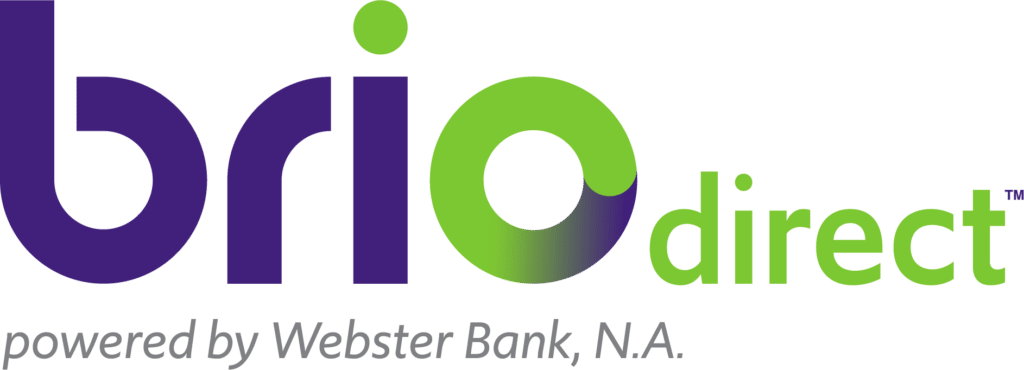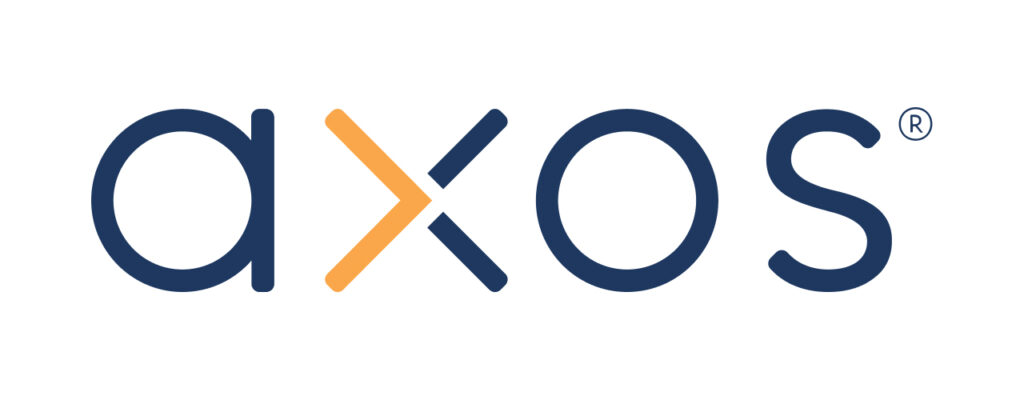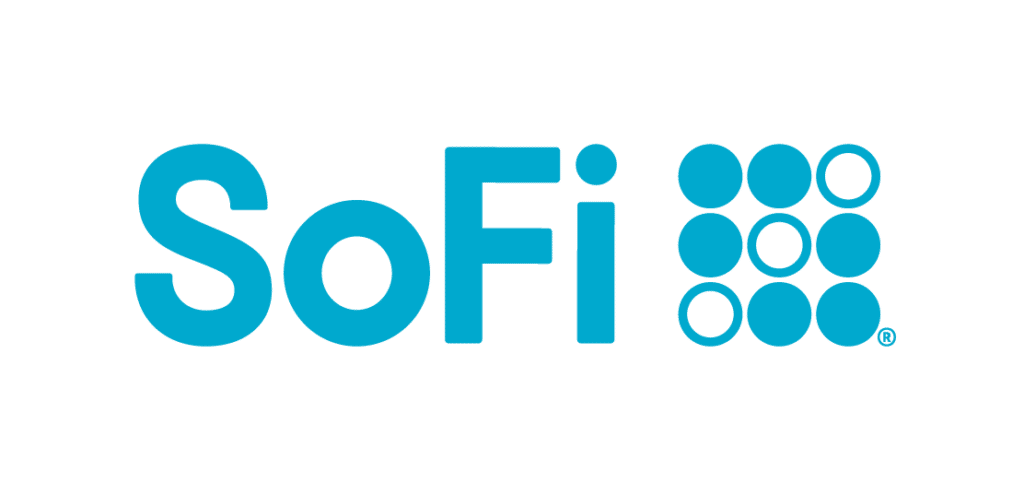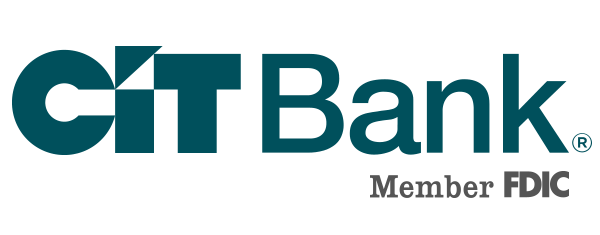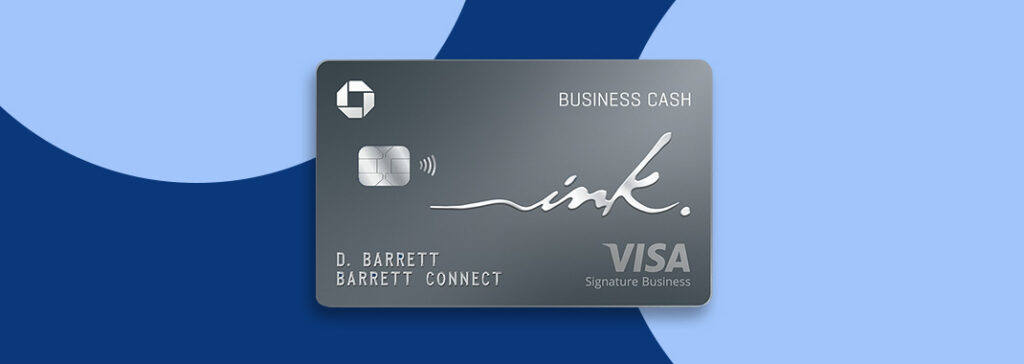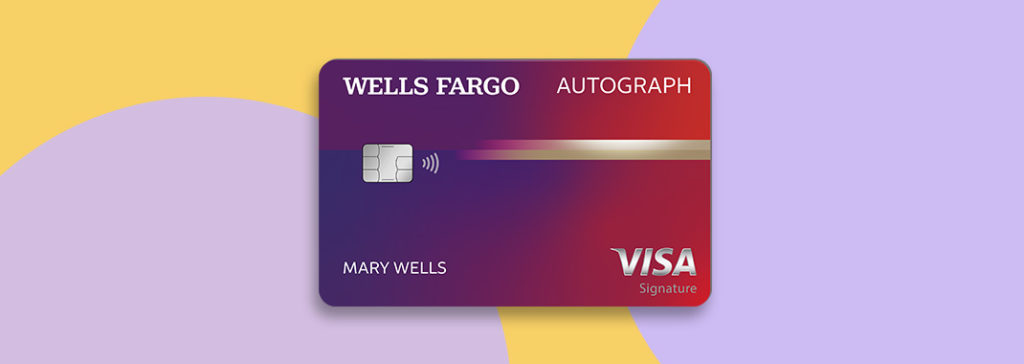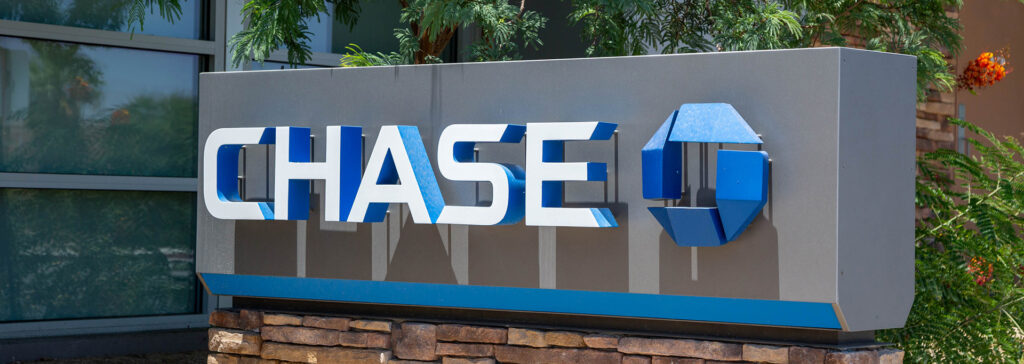Most products on this page are from partners who may compensate us. This may influence which products we write about and where and how they appear on the page. However, opinions expressed here are the author's alone, not those of any bank, credit card issuer, airline or hotel chain. Non-Monetized. The information related to Chase credit cards was collected by Slickdeals and has not been reviewed or provided by the issuer of these products. Product details may vary. Please see issuer website for current information. Slickdeals does not receive commission for these products/cards.
Filing your tax return every year might feel like a necessary evil. But if you're among the roughly two-thirds of Americans who receives tax refunds, according to IRS data from the end of 2023, the payoff is worth it. Even if you don't, failing to file your taxes could cause you to face harsh penalties, including jail time.
Based on those IRS statistics, around half of tax filers hire a professional to prepare and file their tax returns. But if you're thinking about filing on your own, you may be considering a tax preparation service to help you do it.
How to Compare Tax Preparation Services
If you're considering a tax preparation service because of the promise of free or cheap filing, don't settle for using the first one you see. While they all have the same basic function of helping you prepare and file your return, they're not all created equal, especially for people with complex returns. Here are six factors to consider as you shop around.
1. Cost
As you compare costs, make sure you know what's included in each tier and compare that to what you need to file your return. If paying some money makes sense for your situation, shop around to make sure you're getting the biggest bang for your buck.
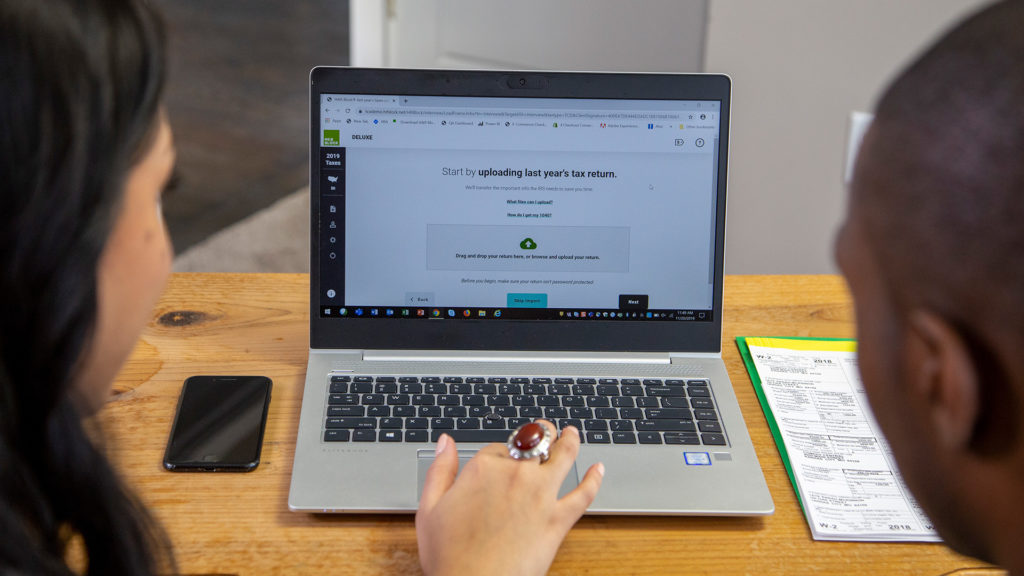 Related Article
Related Article
9 Best and Cheapest Online Tax Services
2. Ease of Use
Even with guidance, the tax preparation process can be confusing, so it may be worth going through at least some of your return with more than one service to get an idea of how easy they are to use. You'll also want to look into how they handle customer service if you have questions—is there someone available to talk to via chat, or do you have to wait a few days to get a response via email?
3. Tax Forms and Situations
Not all tax preparation services support all tax forms. This won't be a problem for many taxpayers, but it can be frustrating to go through the process only to find out you have to start all over somewhere else. As you narrow down your list of candidates, search their websites to find out which forms are and aren't supported so you know beforehand which ones can do what you need.
4. Features and Customer Service
Filing your taxes can be a stressful experience, so look for features that could potentially make your life during tax season a little easier. For example, is there an option to speak live with a certified public accountant to ask questions about a complicated situation? Do they guarantee accuracy? How many educational resources do they provide to help you learn more about the process so you can feel more confident about doing your own taxes? Do a thorough rundown for each service to get an idea of which features are included.
5. Audit Assistance
Audit assistance is one of the benefits of hiring a professional to file your return, but it's not required. Many tax preparers offer it. Just be sure to read the fine print so you know what's included. To be clear, the chances of the IRS auditing your tax return are slim—the agency typically audits less than 1% of most taxpayers. If it does happen to you, though, you're not going to want to go through it alone.
6. Payment and Refund Process
If you expect to owe money to the IRS, figure out what the payment process is for each service. For example, can you pay your tax bill with a credit card, or do you have to pay from a bank account? If you're expecting a refund, how easy is it to add your bank account information to receive direct deposit?
Also, some services offer refund advances, giving you access to your cash before the IRS completes a review of your return. However, some charge a fee for this service or put the money on a prepaid debit card instead of giving you cold hard cash. The best online tax services offer a mix of value, a good experience and features that give you some peace of mind. Take time to compare options, so you can file your return with confidence.
Tax Preparation Costs
As previously mentioned, most tax preparation services offer a free option. What's covered under that free tier, however, can vary. Be sure to check the fine print on any free offer to find out exactly what's offered—and what costs you might be on the hook for if you have more complex taxes or need additional services.
If you intend to go for a free tier, be sure to check if state filing is included, as many services charge separately for this, even if basic federal filing is free.
The Difference Between Hiring a Professional and Using Software
You may be wondering if you should file your tax return on your own or hire a tax professional to do it for you. The biggest differences between the two options are cost and effort. According to data gathered by the National Society of Accountants, you can expect to pay $220 on average if you hire a professional to file a simple state and federal return.
In contrast, most tax preparers offer free options for simple tax returns, and even the paid options are cheaper than having someone else do it for you. That said, once you hand off of your paperwork to a tax professional, you're done. They'll take care of the entire process from start to finish, filing your return on your behalf. All you need to do is pay their fee and wait for your refund to roll in.
If you go with a tax preparation software—which, again, is generally cheaper—you'd need to do it yourself. Fortunately, these services guide you through the process by asking relevant questions, and you can generally get help if you have questions. But regardless, you can expect more legwork if you do it on your own.
Expecting a Tax Refund?
If you're expecting to get a refund this tax season, there's no better time to plan for your future by setting up a high-yield savings account. Here are some of our favorite accounts so you can compare options.
Recommended High-Yield Savings Accounts
| Bank Account | APY | Minimum Deposit | Learn More |
|---|---|---|---|
|
| 3.75%
*Annual Percentage Yield (APY) is variable and is accurate as of 01/06/2025. Rate is subject to certain terms and conditions. You must deposit at least $5,000 to open your account and maintain $25 to earn the disclosed APY. Rate and APY may change at any time. Fees may reduce earnings. | $5,000 | Open Account |
|
| Up to 4.21%
Earn up to 4.21% APY* on savings, and 0.51%* APY on checking when you meet requirements. *Note - A customer with $1,000,000 would earn 4.21% APY on their first $499,999.99 and 4.01% APY on the rest of their balance for a blended rate of 4.11% APY. | N/A | Open Account |
|
Member FDIC | 0.50% - 3.30%
SoFi members with Eligible Direct Deposit can earn 3.30% annual percentage yield (APY) on savings balances (including Vaults) and 0.50% APY on checking balances. There is no minimum Eligible Direct Deposit amount required to qualify for the 3.30% APY for savings (including Vaults). Members without Eligible Direct Deposit will earn 1.00% APY on savings balances (including Vaults) and 0.50% APY on checking balances. Interest rates are variable and subject to change at any time. These rates are current as of 12/23/25. There is no minimum balance requirement. Fees may reduce earnings. Additional information can be found at http://www.sofi.com/legal/banking-rate-sheet. Annual percentage yield (APY) is variable and subject to change at any time. Rates are current as of 12/23/25. There is no minimum balance requirement. Fees may reduce earnings. Additional rates and information can be found at https://www.sofi.com/legal/banking-rate-sheet | N/A | Open Account |
|
| 3.75%
Platinum Savings is a tiered interest rate account. Interest is paid on the entire account balance based on the interest rate and APY in effect that day for the balance tier associated with the end-of-day account balance. *APYs — Annual Percentage Yields are accurate as of January 9, 2026: 0.25% APY on balances of $0.01 to $4,999.99; 3.75% APY on balances of $5,000.00 or more. Interest Rates for the Platinum Savings account are variable and may change at any time without notice. The minimum to open a Platinum Savings account is $100. | $100 | Open Account |
CIT Disclosures
For a complete list of account details and fees, see our Personal Account disclosures.
Platinum Savings is a tiered interest rate account. Interest is paid on the entire account balance based on the interest rate and APY in effect that day for the balance tier associated with the end-of-day account balance.
*APYs — Annual Percentage Yields are accurate as of January 9, 2026: 0.25% APY on balances of $0.01 to $4,999.99; 3.75% APY on balances of $5,000.00 or more. Interest Rates for the Platinum Savings account are variable and may change at any time without notice. The minimum to open a Platinum Savings account is $100.


